Back in the late 19th century, Mr George Eastman, who had established the Eastman Dry Plate Company, was working on an invention that would enable pieces of paper covered in photographic emulsion to record photographic positives. Along with the help of William Walker, another photographic expert, the two developed a holder for Eastman’s photo plates.
In 1888, Eastman trademarked the name “Kodak”, a meaningless word which would soon develop a definition on its own and rapidly become one of the most recognizable brands in the world. To accompany the trademarked name, Eastman developed and released a Kodak camera which was loaded with paper film of 100 photos. And so was born the amateur photograph.
By 1897, Kodak had patented a pocketable camera. By 1900, they had released the ‘Brownie’, a basic cardboard box camera with a simple meniscus lens that took 2 1/4-inch square pictures on 117 roll film – The Brownie functioned so quickly and easily that the word ‘snapshot’ was born.
A set of found photos from
Lonedesert that shows early images taken by Kodak from the late 19th century.
 |
| Schumacher's Ranch, Tucson, Arizona, March 15th, 1897 |
 |
| 1888 |
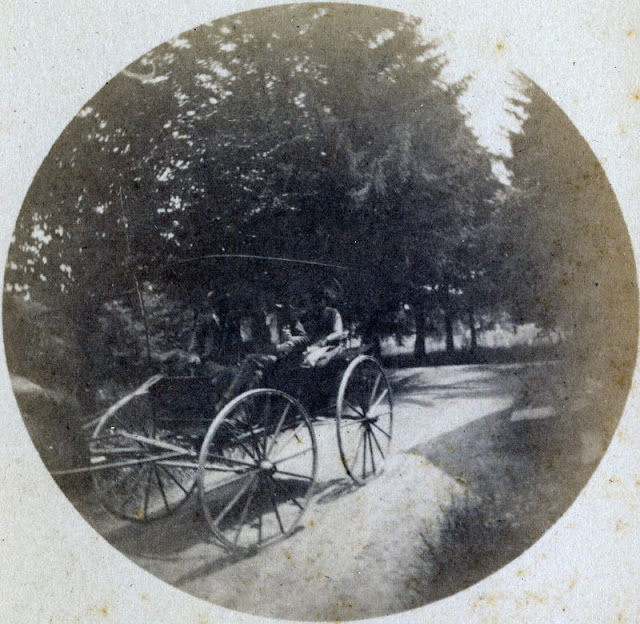 |
| 1888 |
 |
| 1888 |
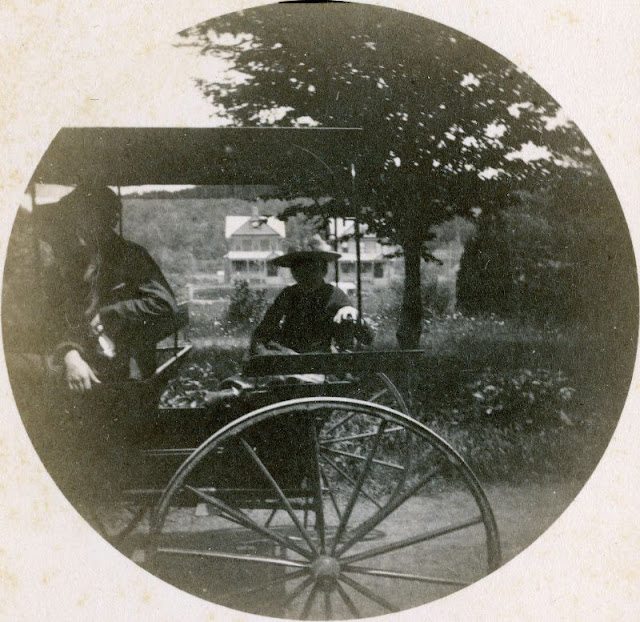 |
| 1888 |
 |
| 1888 |
 |
| 1888 |
 |
| Philip Rogers, Oconomowoc Lake, Wisconsin, July 17, 1890 |
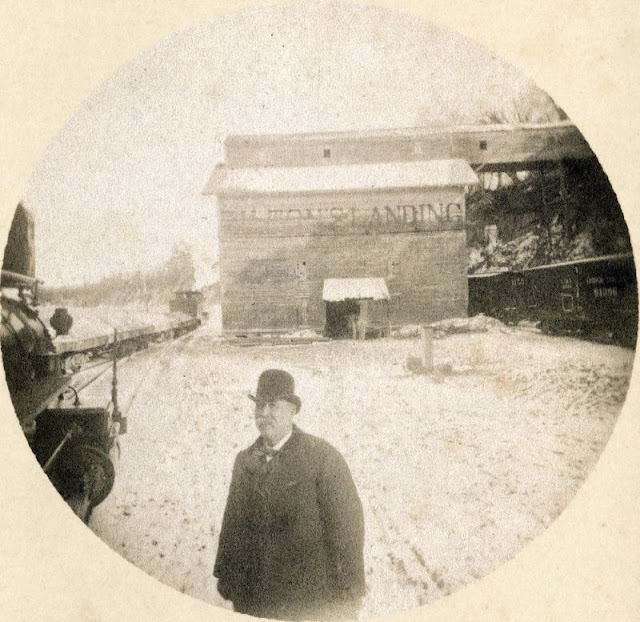 |
| Road Master Tom McCarly, June 1890 |
 |
| September 14, 1890 |
 |
| September 1890 |
 |
| Vermont Ave. & West Ave., circa 1890s |
 |
| 1895 |
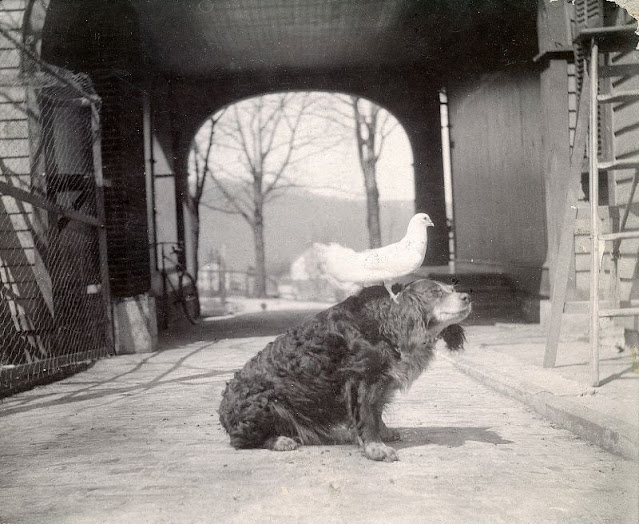 |
| 1895 |
 |
| Around 1895 |
 |
| Around 1895 |
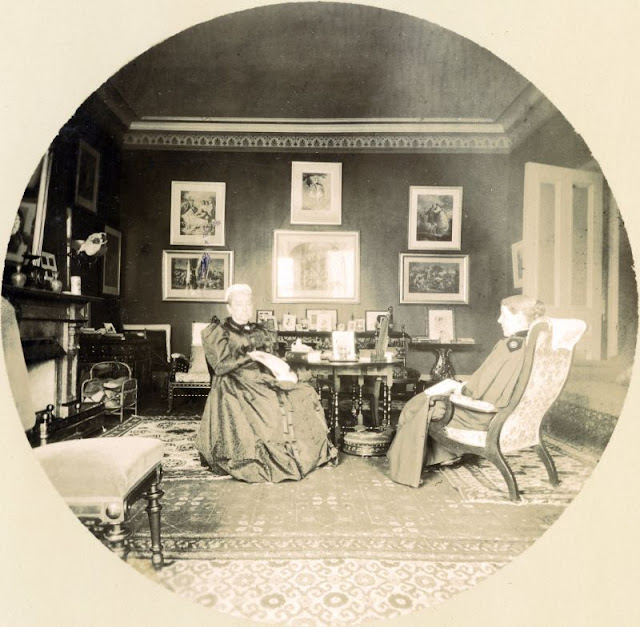 |
| Around 1895 |
 |
| Around 1895 |
 |
| Around 1895 |
 |
| September 12, 1895 |
 |
| Christmas 1896 |
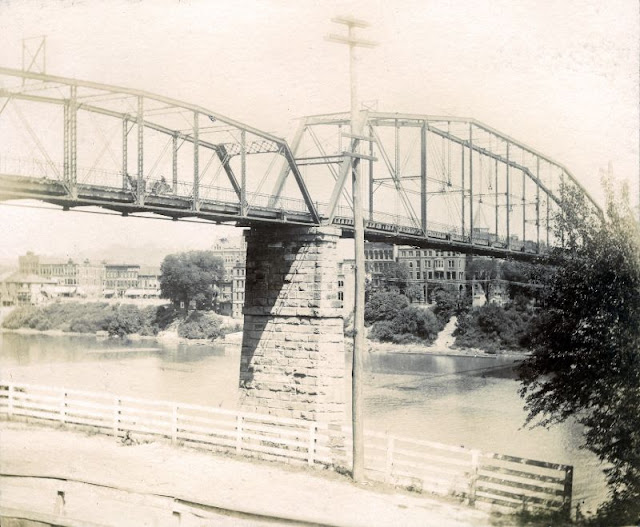 |
| Bridge at Charleston, West Virginia, 1897 |






























Kodak actually refers to the sound the shutter makes when taking a picture with a 1900 Brownie camera. The Brownie was advertised with the slogan "All you do is press, we do the rest".
ReplyDelete